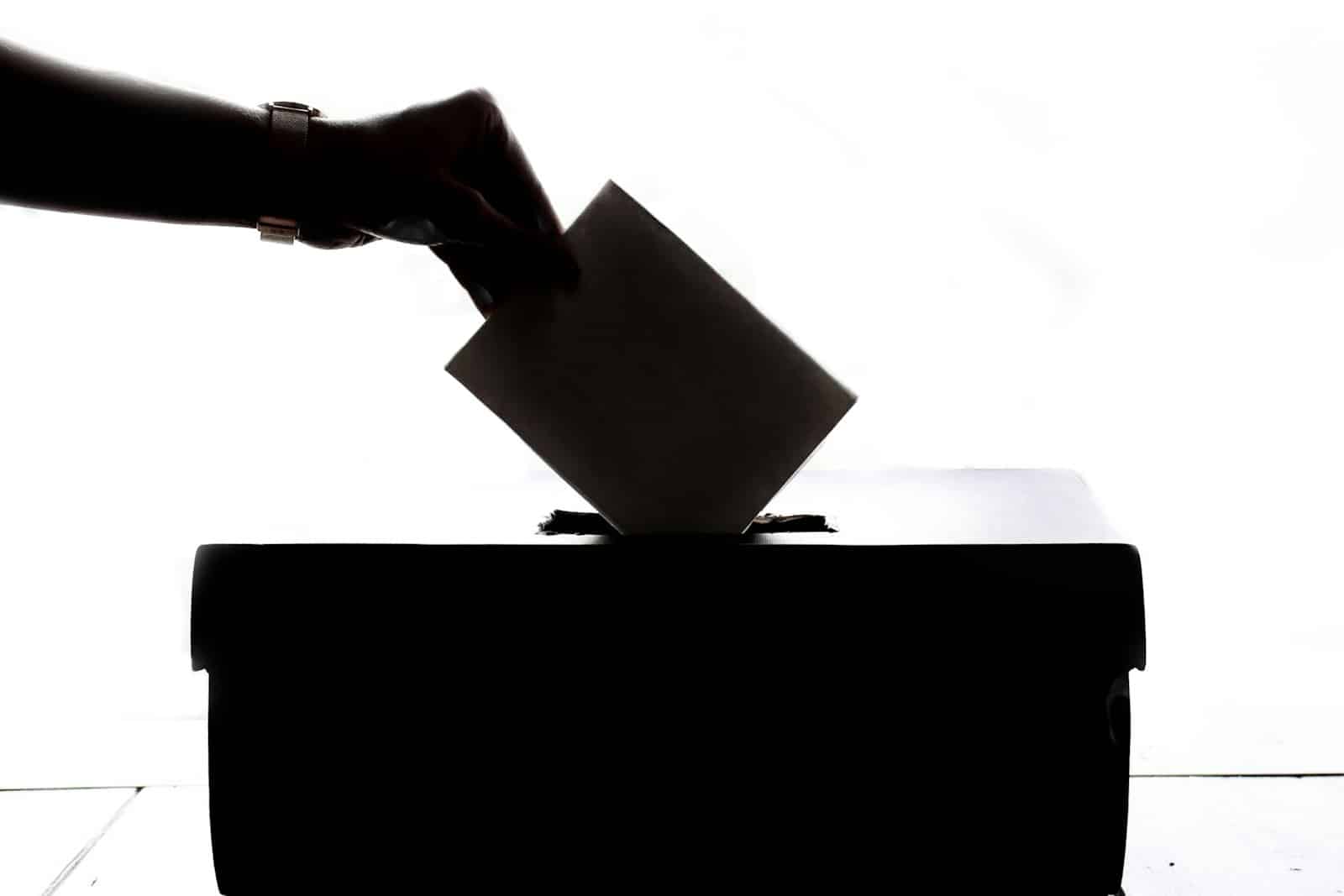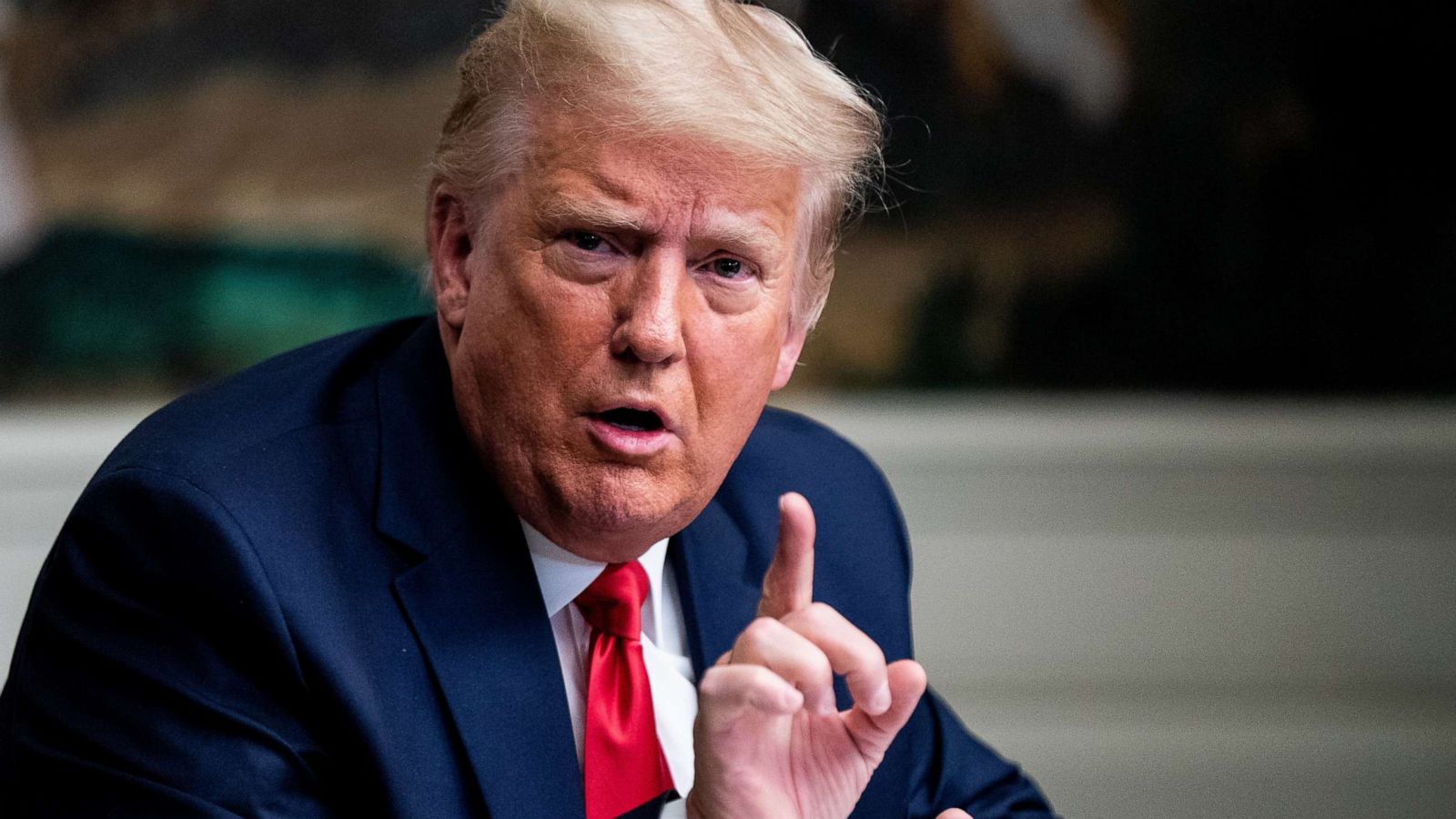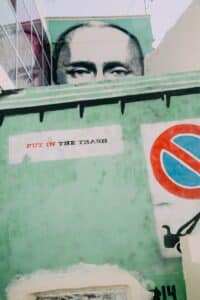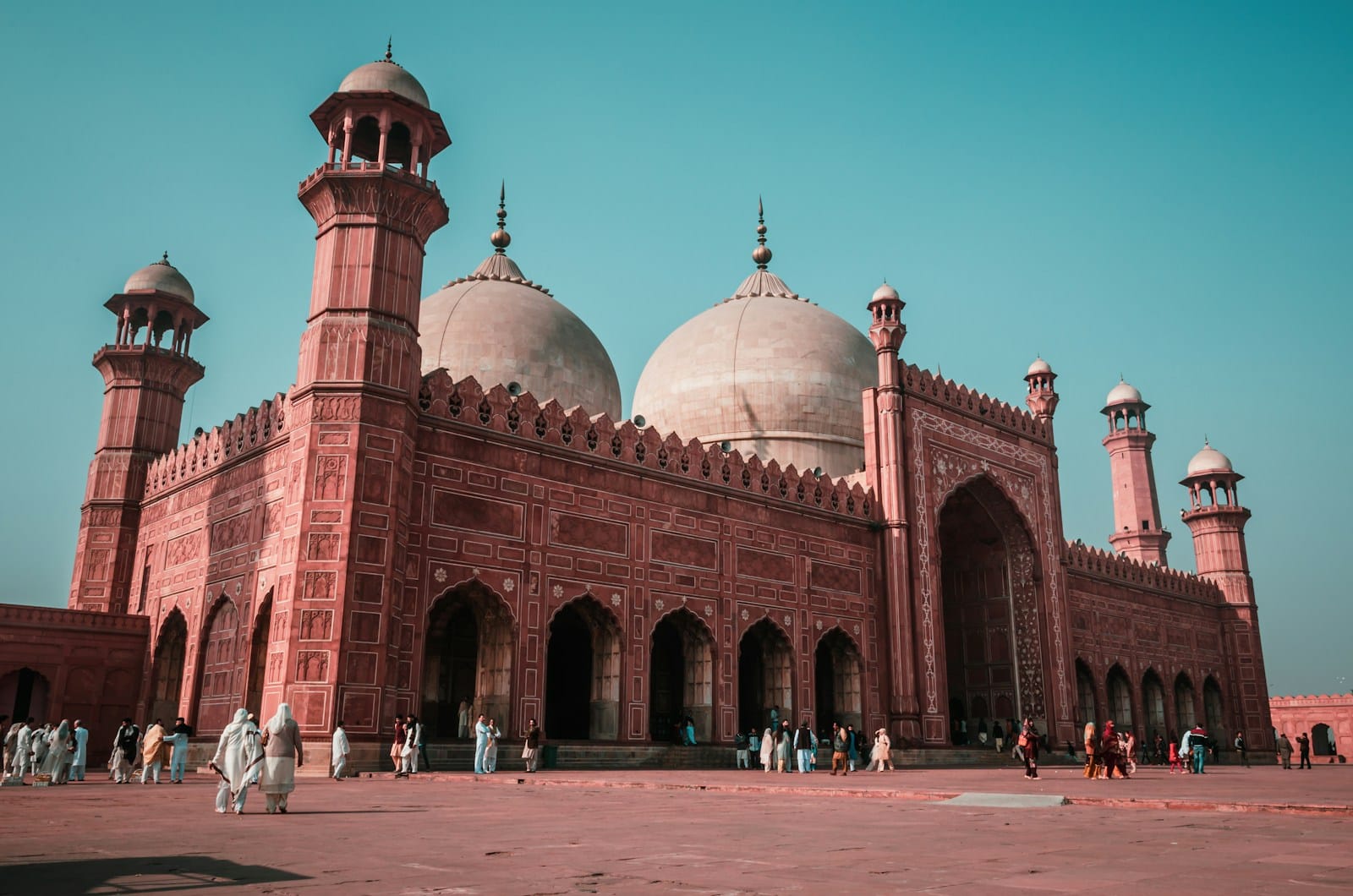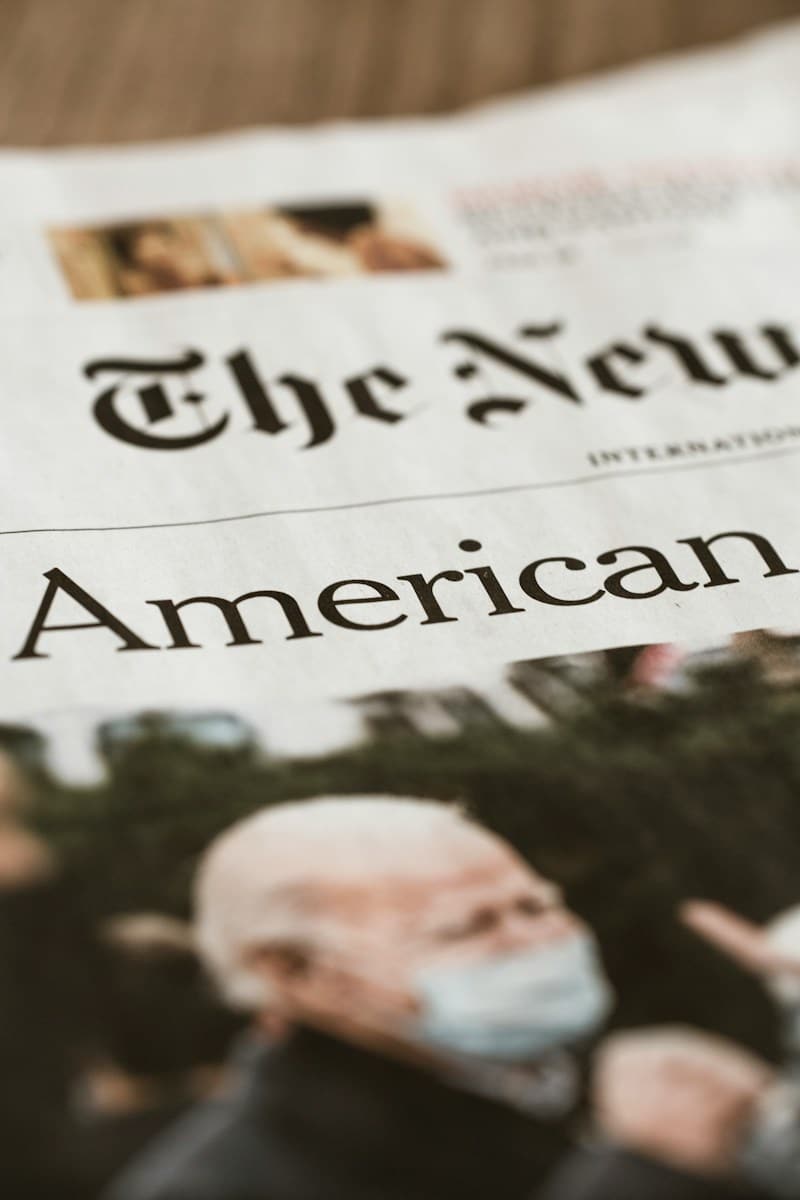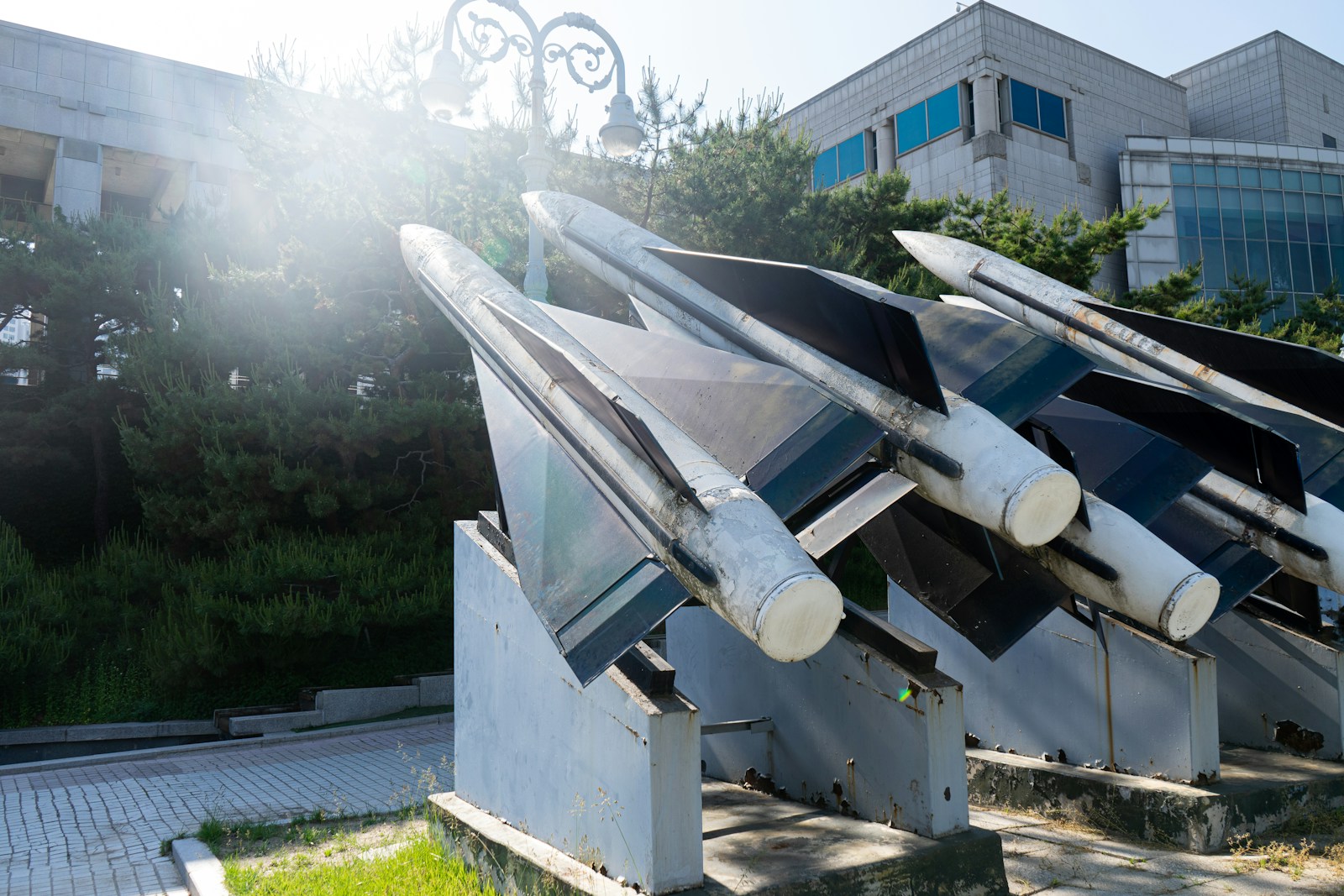San Francisco News
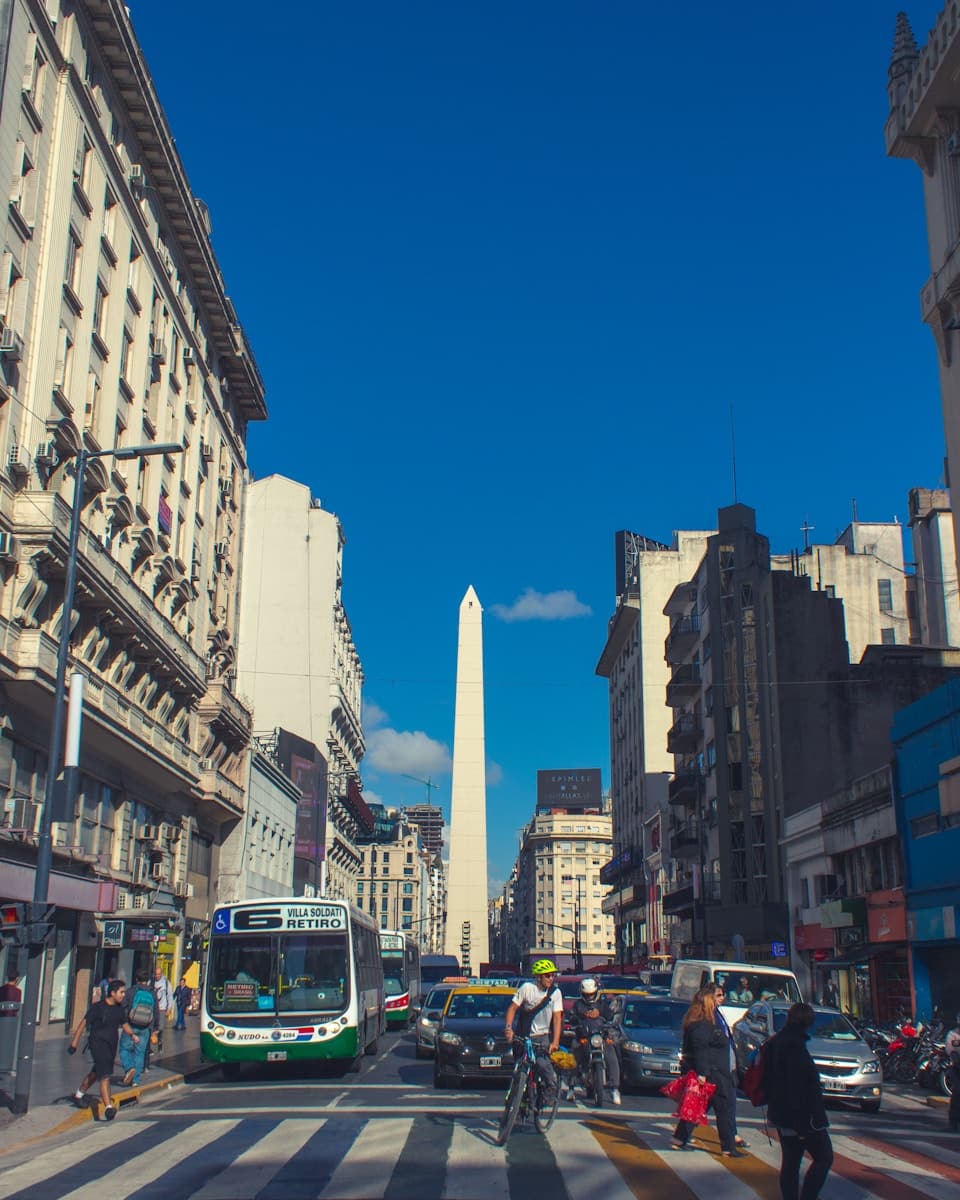
Javier Milei: Argentina’s new president presses ahead with economic ‘shock therapy’ as social unrest grows
Sam Halvorsen, Reader in Human Geography, Queen Mary University of London; Sebastián Mauro, Associate professor, Universidad de Buenos Aires Only weeks into his term, Argentina’s new president, Javier Milei, seems to be making good on his promise to put a chainsaw to the country’s crisis-ridden economy. In his inaugural address, Milei told the nation: “There is no alternative to shock.” He dissolved half of the country’s ministries days later, and implemented a 50% devaluation of the peso. But amid massive spending cuts, prices continue
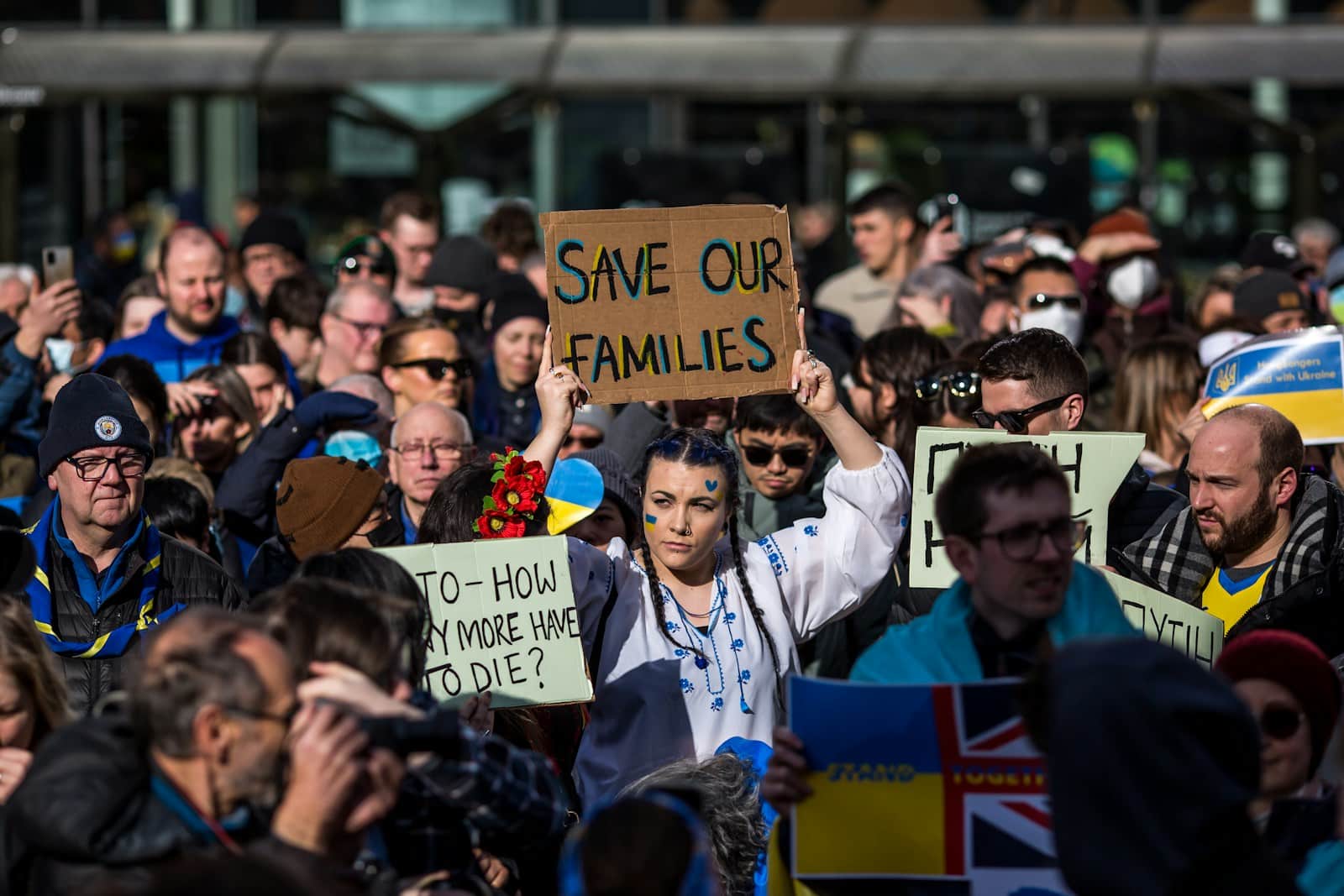
A Western-imposed peace deal in Ukraine risks feeding Russia’s hunger for land – as it did with Serbia
Elis Vllasi, Senior Research Associate & Lecturer in National Security & Foreign Affairs, University of Tennessee The conflict in Ukraine will soon be heading into its third year with no sign of a ceasefire. Yet it is becoming increasingly clear
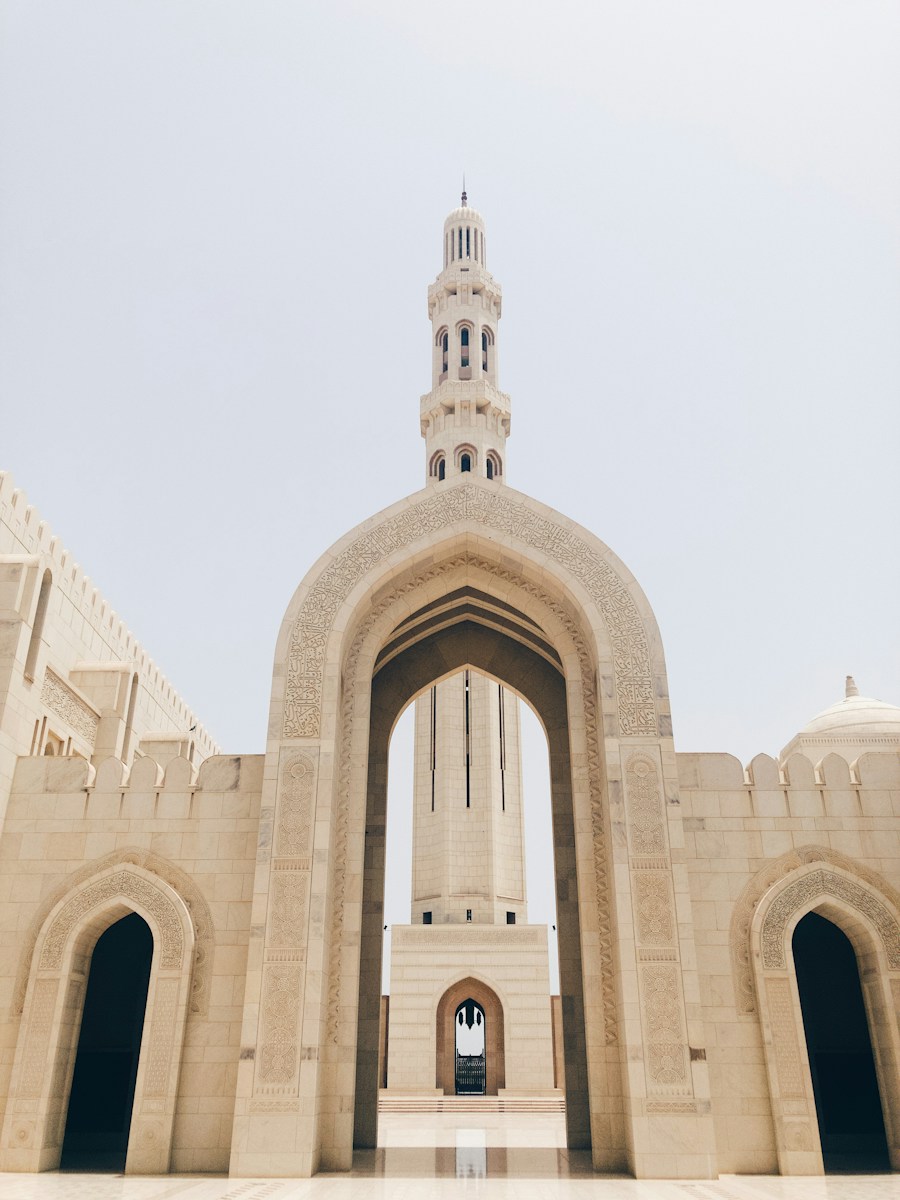
France’s biggest Muslim school went from accolades to defunding – showing a key paradox in how the country treats Islam
Carol Ferrara, Anthropologist & Assistant Professor, Department of Marketing Communication, Emerson CollegeFrançoise Lorcerie, Professeure, Aix-Marseille Université (AMU)Vincent Geisser, Sociologue, Aix-Marseille Université (AMU) France is famously strict on enforcing what it calls “laïcité”: keeping religion out of the public sphere. Yet more
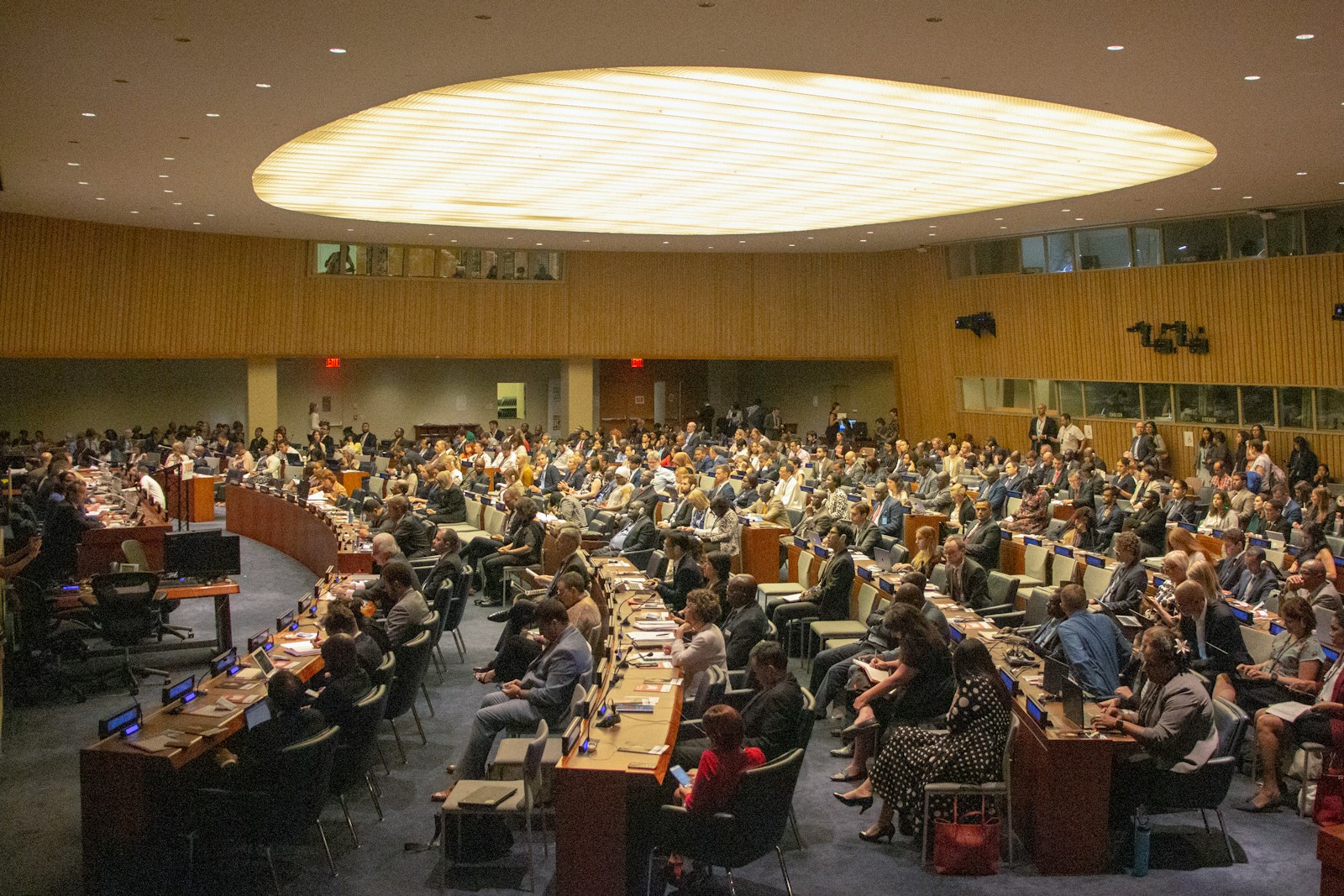
UN court ruling against Israel shows limits of legal power to prevent genocide − but rapid speed
Victor Peskin, Associate professor of politics and global studies, Arizona State University The International Court of Justice ordered Israel on Jan. 26, 2024, to prevent possible genocide against Palestinians in Gaza. But the court did not call for a cease-fire, as

A Supreme Court ruling on fishing for herring could sharply curb federal regulatory power
Robin Kundis Craig, Robert C. Packard Trustee Chair in Law, University of Southern California The Supreme Court heard oral argument on Jan. 17, 2024, in two cases that center on fisheries management, but could have broad impacts on federal regulatory

